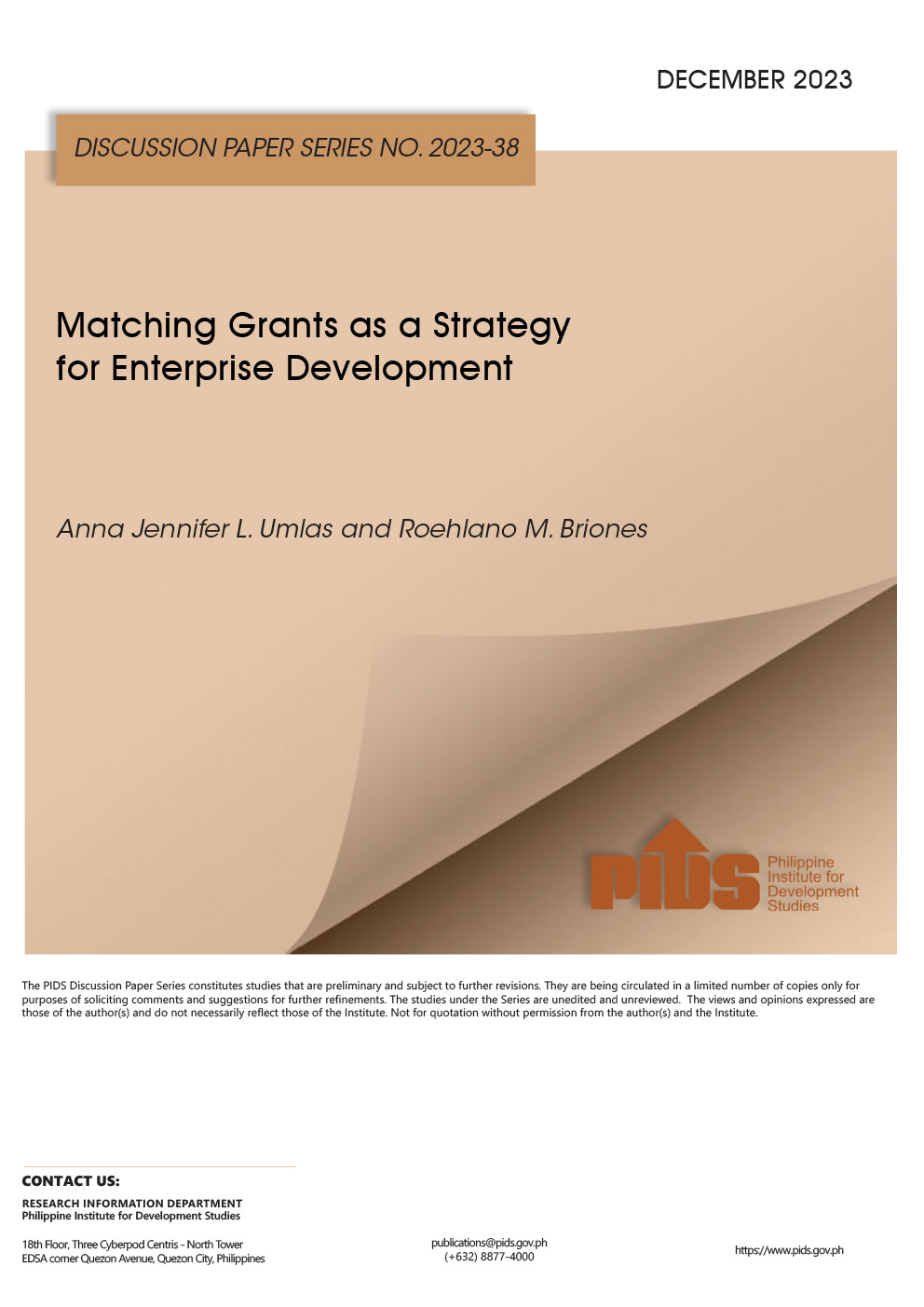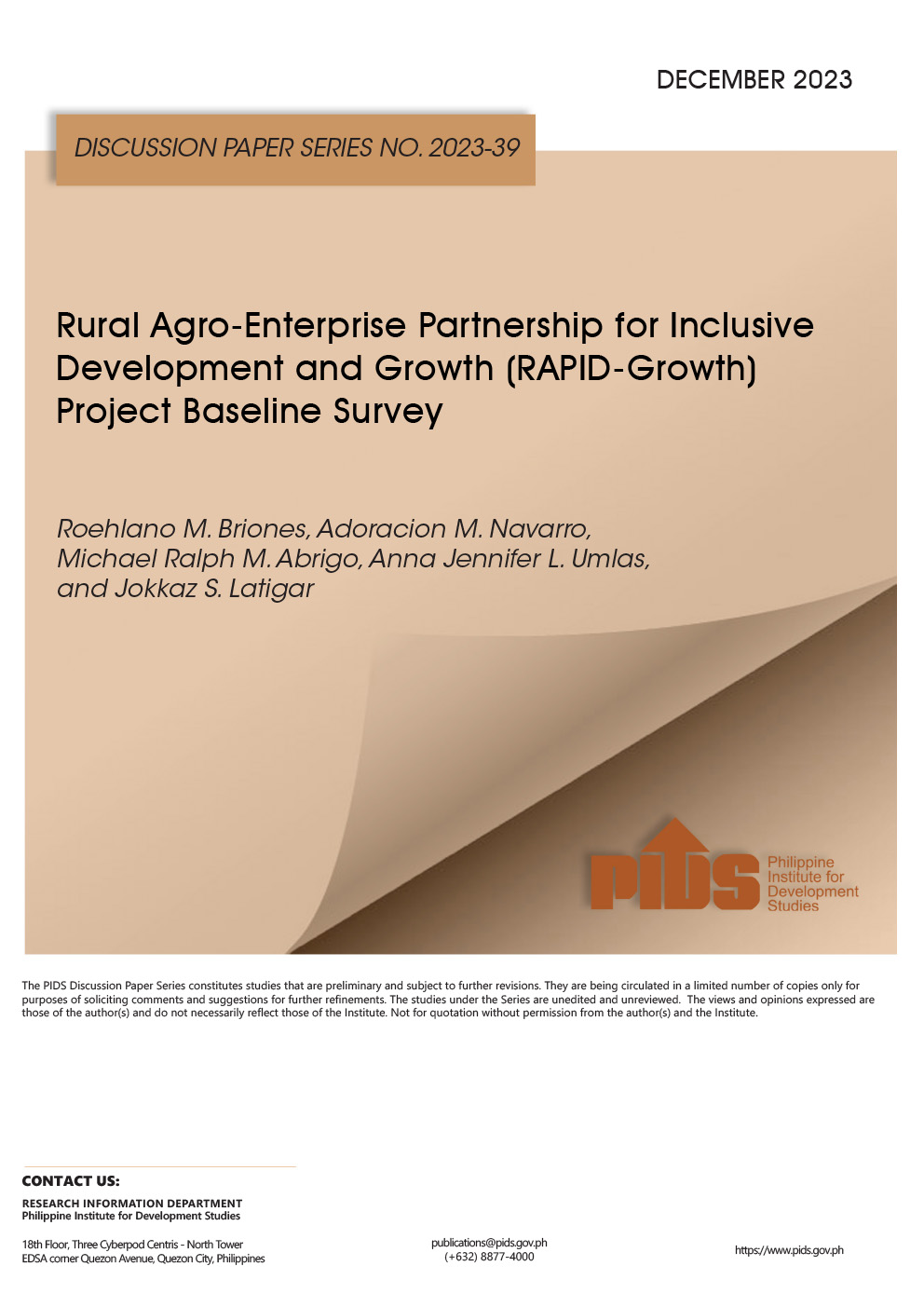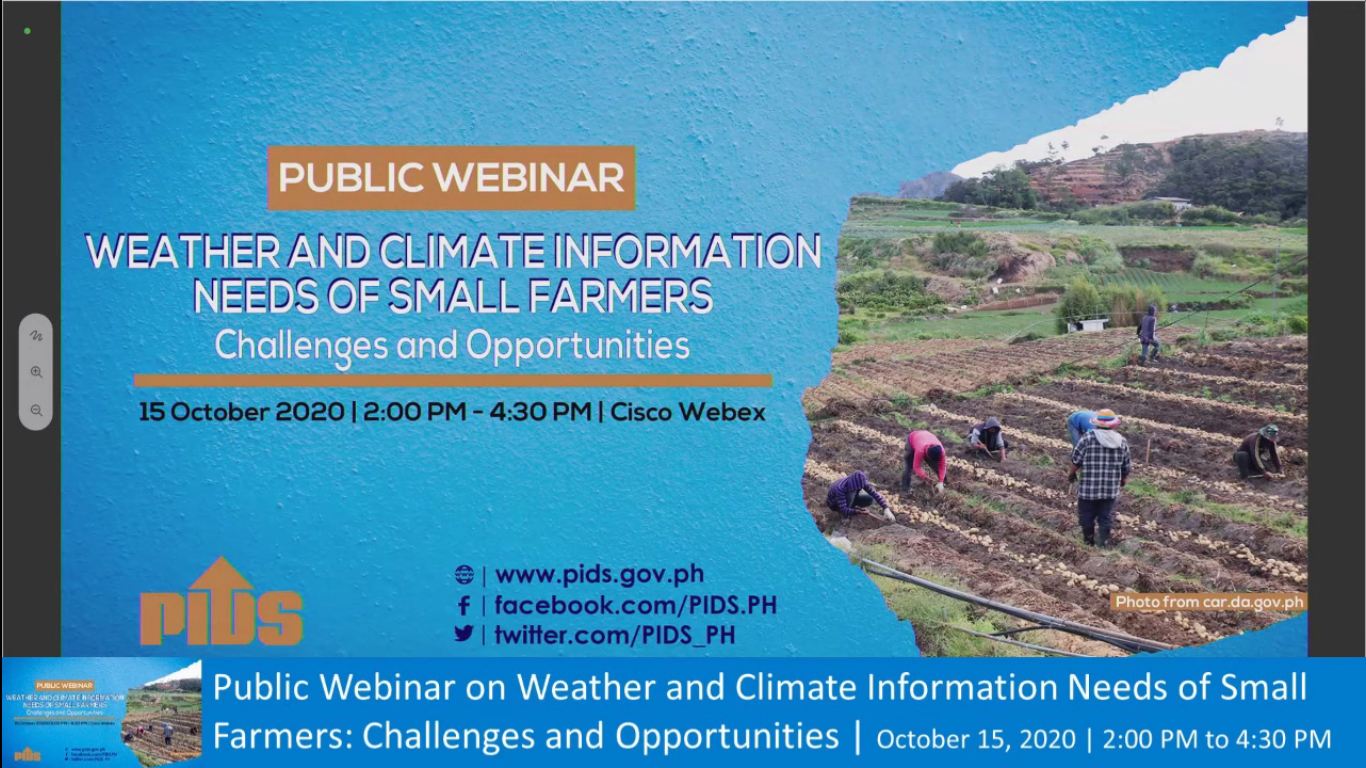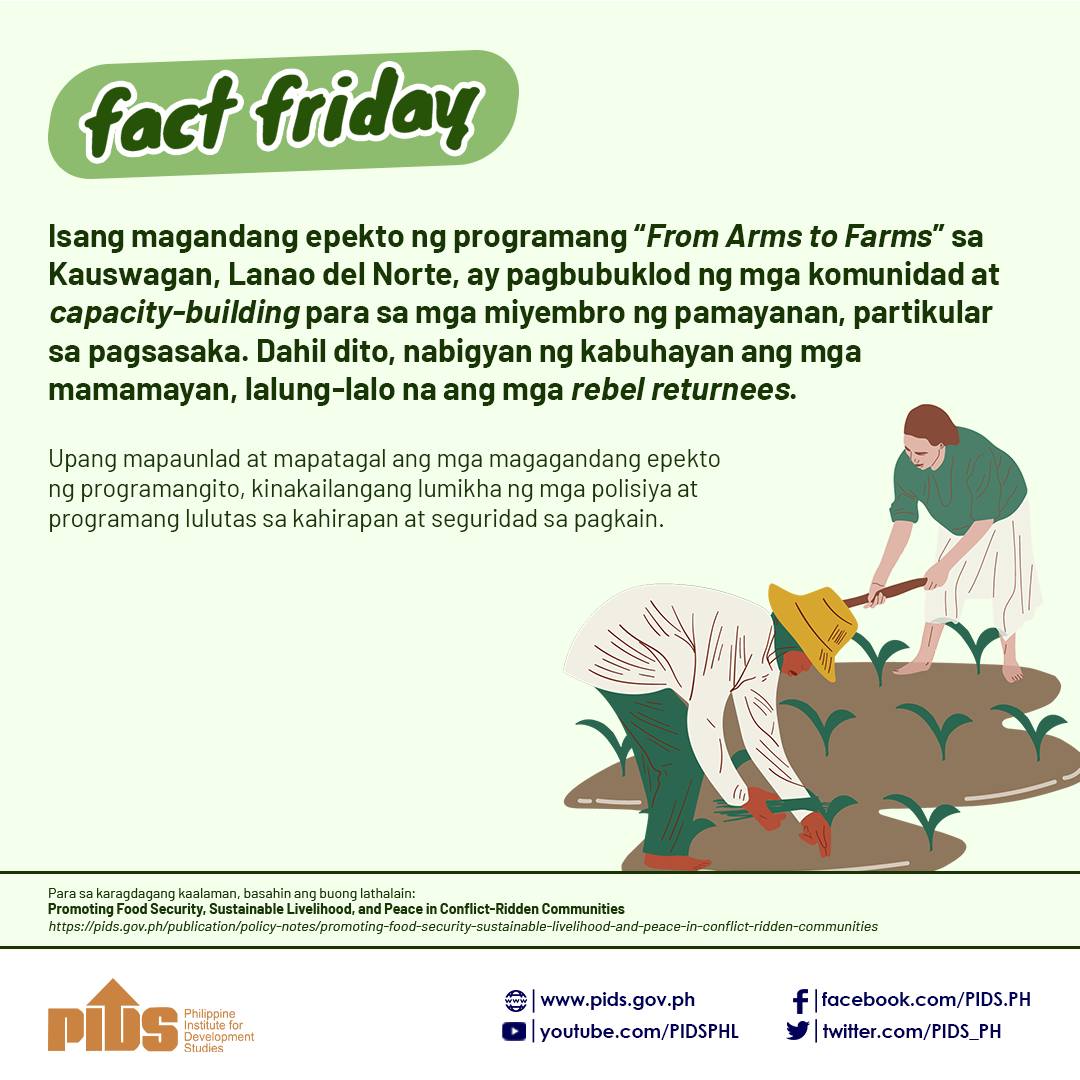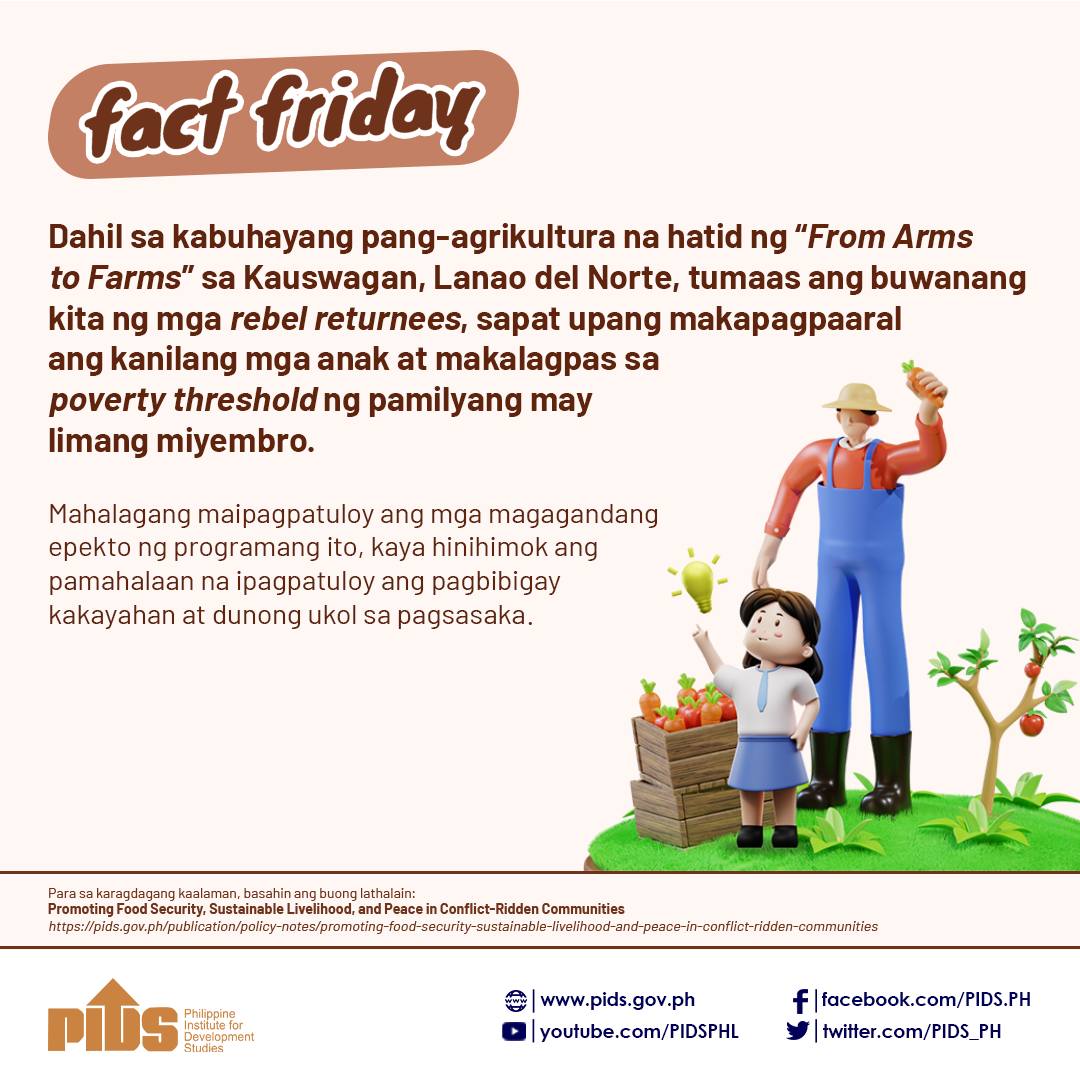MABALACAT CITY -- The Bantay Bigas group has assailed the Department of Public Works and Highways for warning to penalize farmers drying palay on the streets.
“We understand that the order is meant to ensure the safety of motorists from any untoward incident but penalizing the farmers for the government’s failure to provide support services to farmers is unjust and unreasonable,” Bantay Bigas Spokesperson Cathy Estavillo said.
Estabillo issed the statement in response to the warning issued by the DPWH on Wednesday against the use of national roads for drying of agricultural produce.
The DPWH directive is based on Department Order No.41, series of 2013 and DPWH Department Order No. 52, series of 2003, and pursuant to provisions of Section 23 of Presidential Decree No. 17. Violation of the law is punishable by a fine of not more than P1,000 or by imprisonment not exceeding to six months.
Estavillo said, “It is the lack of accessible and affordable post-harvest facilities like mechanical dryers that compels farmers to use the roads for palay drying. Farmers should not be held responsible without the government providing an alternative option.”
Drying of palay using mechanical dryers is estimated to cost five to eight times more than sundrying. Buying a unit of mechanical dryer is even more unattainable as it cost around P500,000 or more.
A study by Philippine Institute for Development Studies (PIDS) cited that delay in drying could cause a 17% incidence of grain yellowing which results to the grain to become brittle thereby increasing the amount of broken grains after milling.
Based on studies conducted by PhilMech (Philippine Center for Postharvest Development and Mechanization), the traditional method of palay drying (sundrying) leads to a quantitative loss of 5.8 percent due to grain fissuring caused by overheating the grain during the drying process as well as rewetting when there is a sudden downpour during sundrying.
“The government should provide much-needed services to farmers including farm inputs and post-harvest facilities to lessen the cost of production and to increase the production rate especially on rice, the Filipinos’ staple food,” Amihan Chairperson Zenaida Soriano said.

